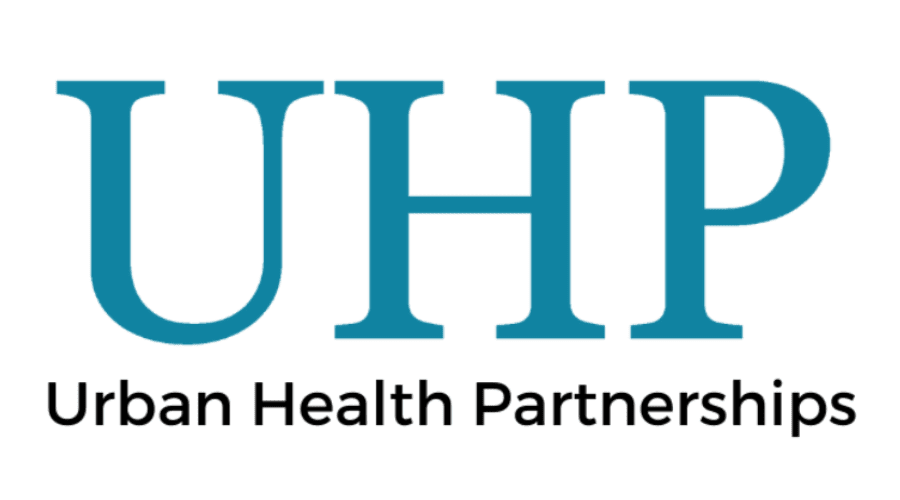Download the Playbook
Sign-up to our mailing list and receive a PDF of the Community Engagement Playbook!
Support the Community Liaison Framework
Donate to help UHP Community Liaisons work across South Florida
Moving Toward Authentic
& Effective Public Engagement
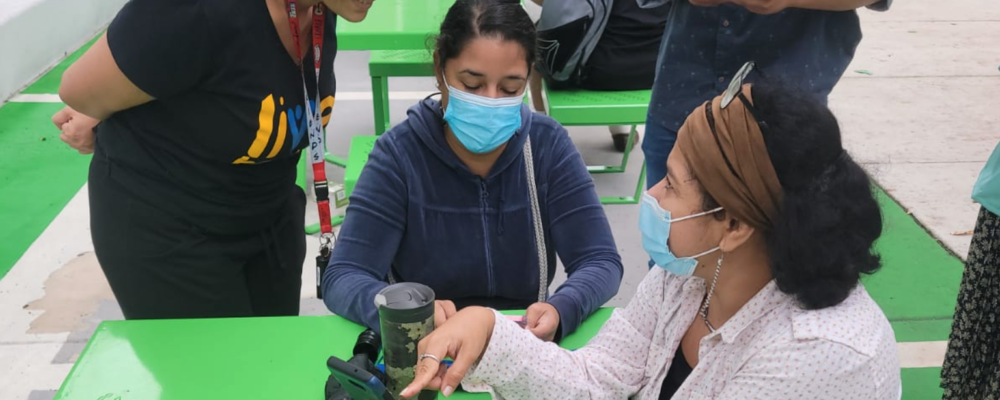
This Community Engagement Playbook is a guide for government agencies and organizations who want to commit to authentic engagement and integration of community members in decision and change-making efforts. Centered on the implementation of a network of Community Liaisons, the playbook shares a step by step approach to institutionalizing authentic, ongoing community engagement. It includes:
- An overview of UHP’ Community Liaison Framework and ways to implement it successfully.
- Case examples highlighting community-driven approaches utilized in the Miami-Dade New Mobility Initiative project and collective learnings.
- Recommendations for meaningful engagement strategies.
- Guidance for how a sustainable community-leadership model can be integrated into organizational operations.
As communities plan for a more resilient and sustainable future for all of its citizens, investing in meaningful community engagement is critical. This goes beyond “checklist” requirements for public involvement to instead embracing models that shift power back to the community and that prioritize their right to inform and drive the decisions that impact them. This government and institutional investment serves to connect and build trust with communities, especially those that have been excluded from public processes and may have experienced harm as a result of them. Ultimately, uplifting and prioritizing community voice allows for the collective actions that can create healthier, more vibrant communities for all of their citizens.
Community Liaison Framework
Developed and championed by UHP, the Community Liaison (CL) Framework is a power-building model where residents are hired and trained to create a bridge between government agencies and other stakeholders and the community.
The CL Framework emphasizes the need to increase community integration in decision making processes, without assuming or expecting that individuals have the financial ability to volunteer their time. Community members are compensated for their expertise, effort, and contributions when taking on community organizing efforts. Their lived experience is valued as highly as technical experience, and their unique skills and individual goals are supported with capacity building training. UHP has hired and collaborated with 49 Community Liaisons on behalf of both public and private entities.
The New Mobility Initiative
The John S. and James L. Knight Foundation supported a major initiative to bring residents to the center of autonomous vehicle pilot projects happening in five U.S. cities: Detroit; Long Beach, California; Miami; San Jose, California; and Pittsburgh. The pilot projects were designed to engage local residents to ensure that the new mobility technologies reflect community input and meet local needs. Leaders from the five pilot cities met regularly to share insights and lessons for other communities.
With the Knight Foundation’s support, Miami-Dade County Department of Transportation and Public Works (MDC DTPW) partnered with Urban Health Partnerships (UHP), and Ford City:One to Miami-Dade County to roll out the New Mobility Initiative. This collaboration sought to implement a bold community engagement effort to inform current and future piloting of new mobility solutions in the County. Using a variety of community engagement methods, the team worked to better understand the community’s vision for how new mobility solutions could be used to improve accessibility and transportation opportunities for all residents throughout the County. In addition to a wide range outreach activities, the foundational strategy utilized was the Community Liaison Framework (CL Framework). The Community Engagement Playbook was developed to document lessons learned throughout the project, and provide a guide for how the County can implement ongoing work with a network of Community Liaisons throughout agencies and project work.
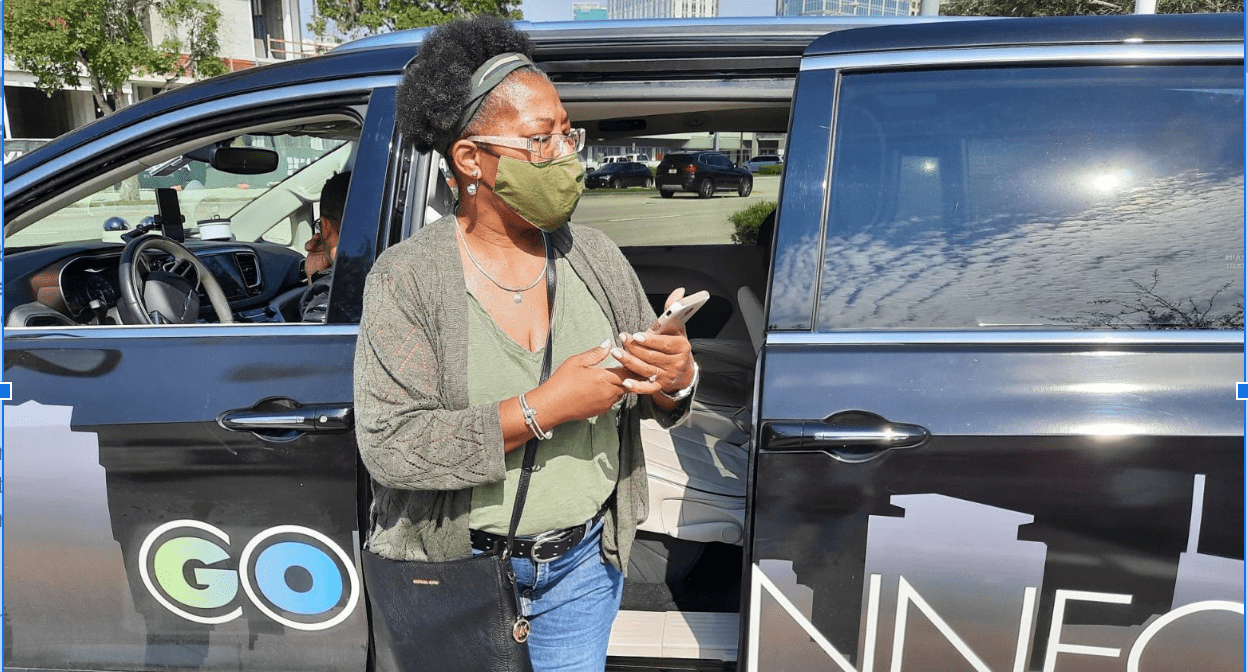
Project Partners
The Community Engagement Playbook was developed as part of the Miami-Dade County New Mobility Initiative. The New Mobility Initiative was led by Miami-Dade County’s Department of Transportation and Public Works (DTPW) in collaboration with Urban Health Partnerships and Ford City:One, as part of the Knight Foundation’s nation-wide Autonomous Vehicles Initiative.
Meet the Community Liaisons
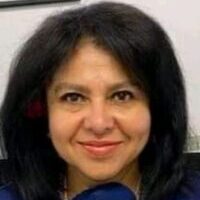
Hialeah
Wendy Quintero

Little Havana
Yurmeira Benal
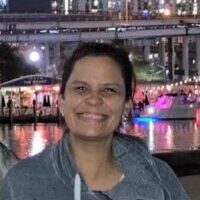
Little Havana
Lolimar Leon

Miami Gardens
Tara Kitt
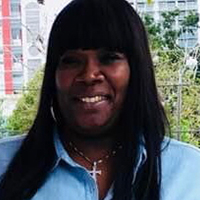
Overtown
Raquel Hanshaw

Overtown
Keith Ivory
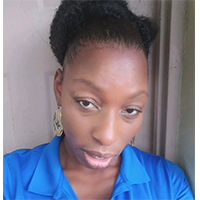
Overtown
Tamu Quinton

Sweetwater
Carmen Benitez

Miami Gardens
Margarita Beckford

Homestead
Romania Dukes
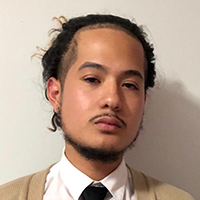
Overtown
Adonis Romero
[/et_pb_text][/et_pb_column][/et_pb_row][/et_pb_section]
